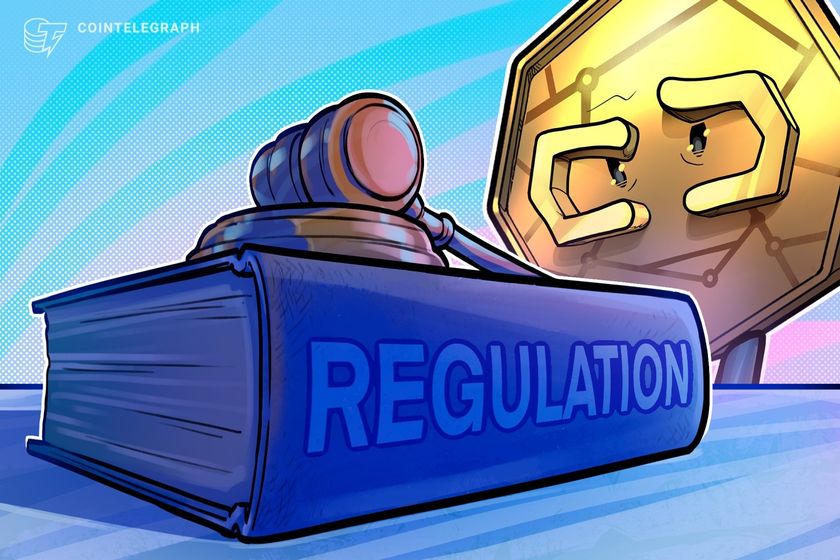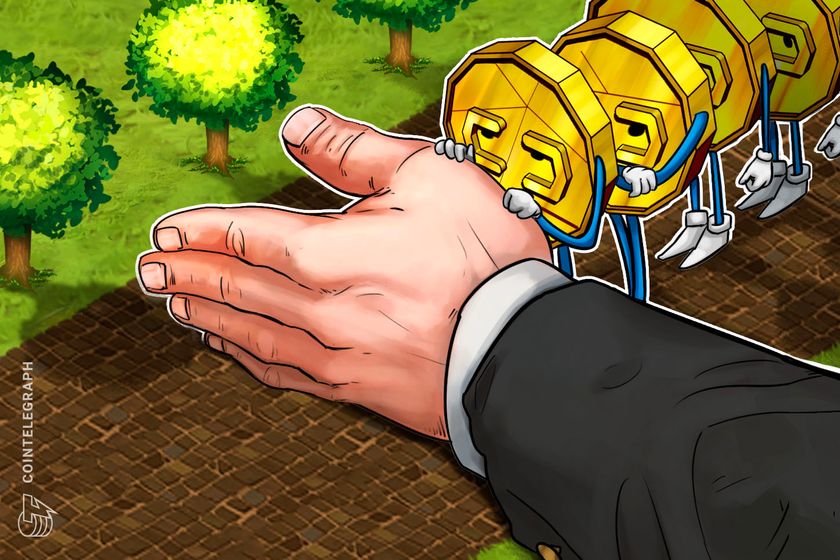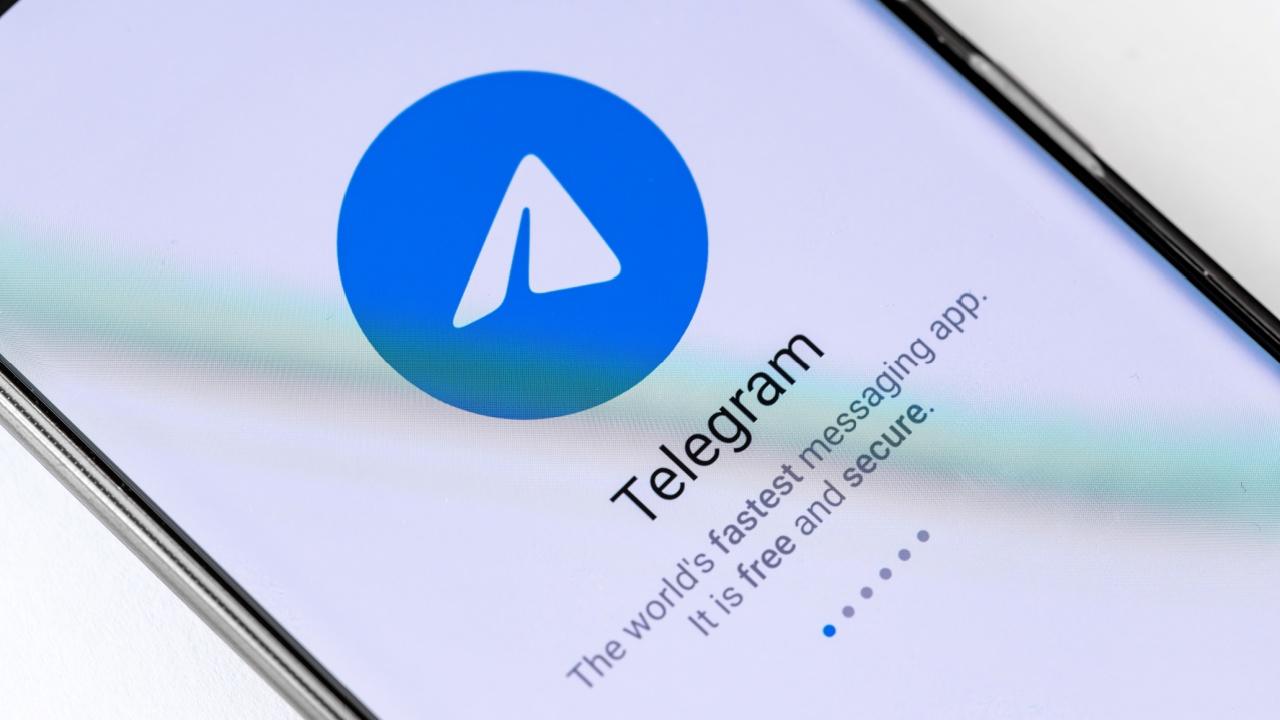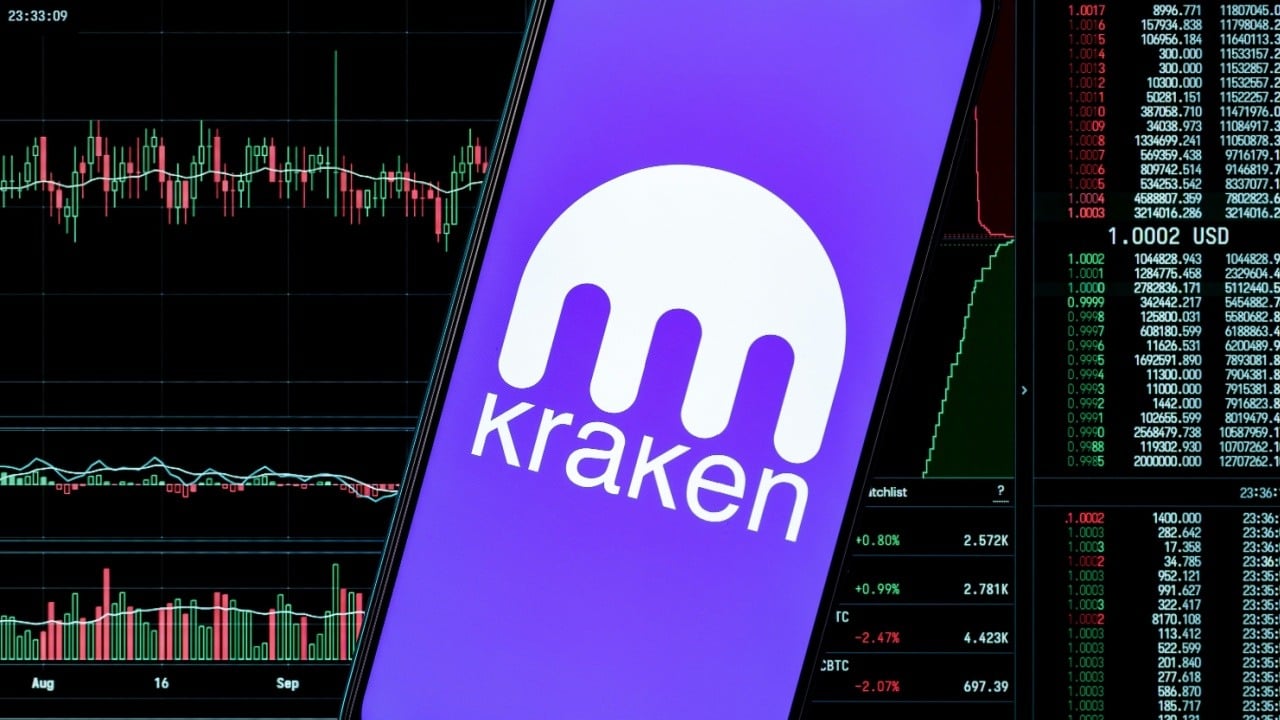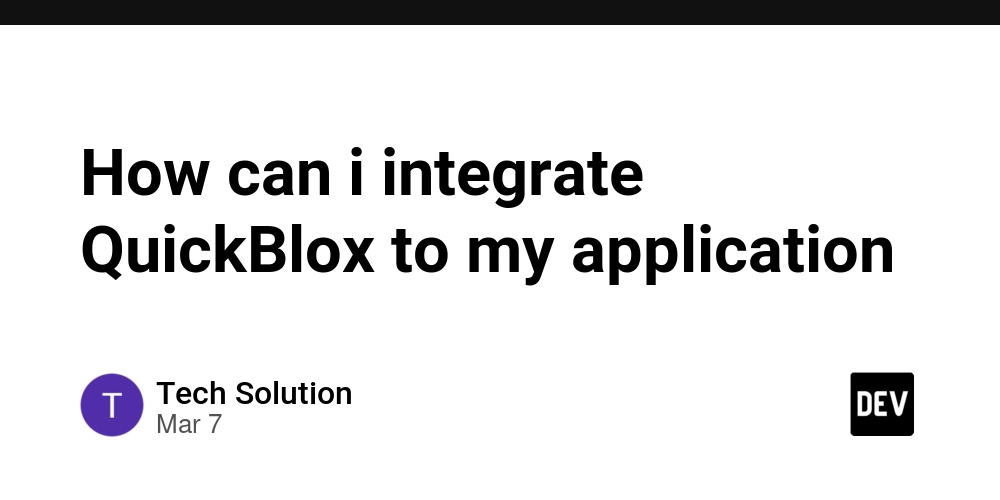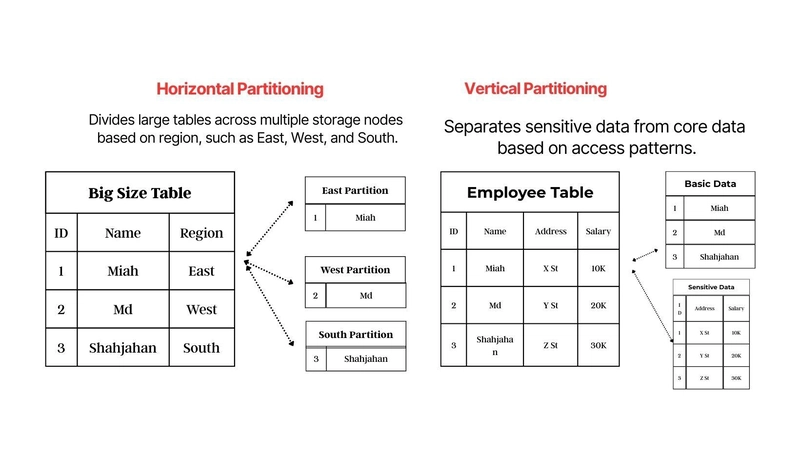Frameworks Change, Foundations Don’t: The Power of Core Skills
When I started my journey as a developer, I was fascinated by the shiny things—frameworks, libraries, no-code tools, and fast ways to build cool apps. I jumped into React, Django, Flutter... and for a while, it felt great. But eventually, I hit a wall. And that’s when I realized the real power lies in core skills. What Are Core Skills? In simple words, core skills are the fundamentals. The things that never change no matter what stack you're working on: Data Structures & Algorithms Object-Oriented Programming (OOP) Databases and how SQL really works How the web works (HTTP, APIs, sessions) Git, Linux, and version control Understanding memory, time complexity, and architecture These are not trendy, but they’re timeless. The Day I Switched Stacks I still remember the first time I had to switch my stack. I was comfortable building applications using Django and Node.js — both frameworks where I knew the ins and outs. But then came a new opportunity: I had to work on a project using Spring Boot. Java? Spring? Annotations everywhere? At first glance, it was overwhelming. But here's what surprised me — I didn’t feel like a complete beginner. Sure, the syntax was different, and the tooling had a learning curve. But I realized that the core concepts were the same. Whether it was building REST APIs, managing database models, or handling request-response cycles — the logic I’d learned through Django and Node.js applied here too. I already knew: How an MVC architecture works The basics of HTTP and routing Database operations using ORM principles Dependency injection, even if it had a different name or implementation Because I had worked hard on my core skills, the transition wasn’t as difficult as I feared. I wasn't just copying and pasting code from tutorials — I was understanding what the code was doing, no matter the language or framework. The Struggle Without Core Early on, I built projects using just tutorials and templates. But when something broke, I had no idea why. When I was asked to optimize a function, I didn’t know how to analyze its time complexity. And when I sat for interviews, I struggled with basic DSA questions, even though I could build full apps. That’s when it hit me: frameworks teach you to build, but core skills teach you to think. How Core Helped Me Grow I could debug faster because I understood how memory, variables, and loops actually worked under the hood. I could read and contribute to open-source projects that didn’t use my familiar stack. I got better at designing scalable systems—because I wasn’t just coding, I was solving problems. What I Did to Strengthen My Core I stopped blindly following tutorials and started learning why things work the way they do. I: Spent time on DSA using LeetCode & GeeksforGeeks Read books like “Cracking the Coding Interview” and “You Don’t Know JS” Built small projects from scratch using just core languages (no frameworks) Studied how databases, operating systems, and networks actually function It wasn’t easy—but it was worth it. Final Thoughts Today, when people ask me, “How do I switch from frontend to backend?” or “How do I learn a new tech stack?”—my answer is always the same: Focus on the core. Because once you understand the foundation, the tools and frameworks become just that—tools, not barriers. One Line I Always Remember: "Frameworks make you a developer, but core skills make you unstoppable."
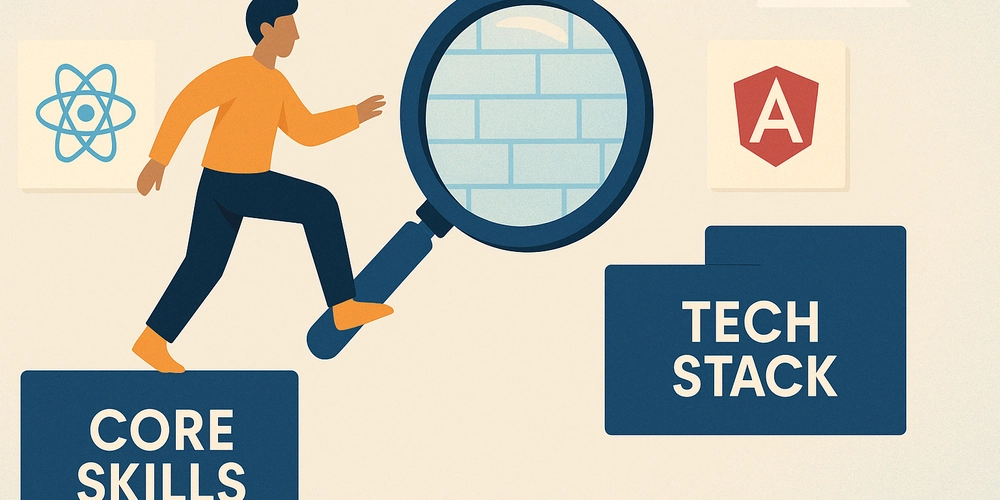
When I started my journey as a developer, I was fascinated by the shiny things—frameworks, libraries, no-code tools, and fast ways to build cool apps. I jumped into React, Django, Flutter... and for a while, it felt great. But eventually, I hit a wall. And that’s when I realized the real power lies in core skills.
What Are Core Skills?
In simple words, core skills are the fundamentals. The things that never change no matter what stack you're working on:
- Data Structures & Algorithms
- Object-Oriented Programming (OOP)
- Databases and how SQL really works
- How the web works (HTTP, APIs, sessions)
- Git, Linux, and version control
- Understanding memory, time complexity, and architecture
These are not trendy, but they’re timeless.
The Day I Switched Stacks
I still remember the first time I had to switch my stack. I was comfortable building applications using Django and Node.js — both frameworks where I knew the ins and outs. But then came a new opportunity: I had to work on a project using Spring Boot.
Java? Spring? Annotations everywhere? At first glance, it was overwhelming.
But here's what surprised me — I didn’t feel like a complete beginner. Sure, the syntax was different, and the tooling had a learning curve. But I realized that the core concepts were the same. Whether it was building REST APIs, managing database models, or handling request-response cycles — the logic I’d learned through Django and Node.js applied here too.
I already knew:
How an MVC architecture works
The basics of HTTP and routing
Database operations using ORM principles
Dependency injection, even if it had a different name or implementation
Because I had worked hard on my core skills, the transition wasn’t as difficult as I feared. I wasn't just copying and pasting code from tutorials — I was understanding what the code was doing, no matter the language or framework.
The Struggle Without Core
Early on, I built projects using just tutorials and templates. But when something broke, I had no idea why.
When I was asked to optimize a function, I didn’t know how to analyze its time complexity.
And when I sat for interviews, I struggled with basic DSA questions, even though I could build full apps.
That’s when it hit me: frameworks teach you to build, but core skills teach you to think.
How Core Helped Me Grow
- I could debug faster because I understood how memory, variables, and loops actually worked under the hood.
- I could read and contribute to open-source projects that didn’t use my familiar stack.
- I got better at designing scalable systems—because I wasn’t just coding, I was solving problems.
What I Did to Strengthen My Core
I stopped blindly following tutorials and started learning why things work the way they do. I:
- Spent time on DSA using LeetCode & GeeksforGeeks
- Read books like “Cracking the Coding Interview” and “You Don’t Know JS”
- Built small projects from scratch using just core languages (no frameworks)
- Studied how databases, operating systems, and networks actually function
It wasn’t easy—but it was worth it.
Final Thoughts
Today, when people ask me, “How do I switch from frontend to backend?” or “How do I learn a new tech stack?”—my answer is always the same:
Focus on the core.
Because once you understand the foundation, the tools and frameworks become just that—tools, not barriers.
One Line I Always Remember:
"Frameworks make you a developer, but core skills make you unstoppable."





























![[Webinar] AI Is Already Inside Your SaaS Stack — Learn How to Prevent the Next Silent Breach](https://blogger.googleusercontent.com/img/b/R29vZ2xl/AVvXsEiOWn65wd33dg2uO99NrtKbpYLfcepwOLidQDMls0HXKlA91k6HURluRA4WXgJRAZldEe1VReMQZyyYt1PgnoAn5JPpILsWlXIzmrBSs_TBoyPwO7hZrWouBg2-O3mdeoeSGY-l9_bsZB7vbpKjTSvG93zNytjxgTaMPqo9iq9Z5pGa05CJOs9uXpwHFT4/s1600/ai-cyber.jpg?#)










































































































































![[The AI Show Episode 144]: ChatGPT’s New Memory, Shopify CEO’s Leaked “AI First” Memo, Google Cloud Next Releases, o3 and o4-mini Coming Soon & Llama 4’s Rocky Launch](https://www.marketingaiinstitute.com/hubfs/ep%20144%20cover.png)
















































































































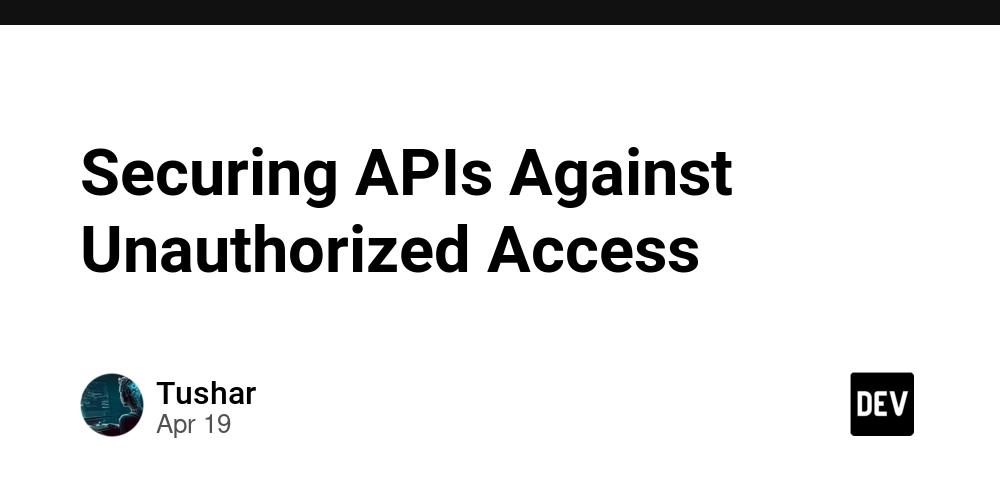
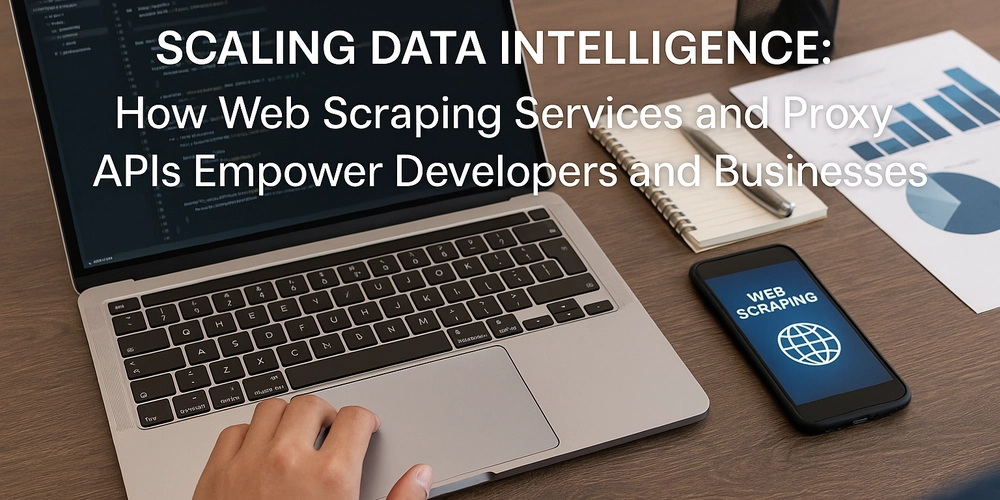
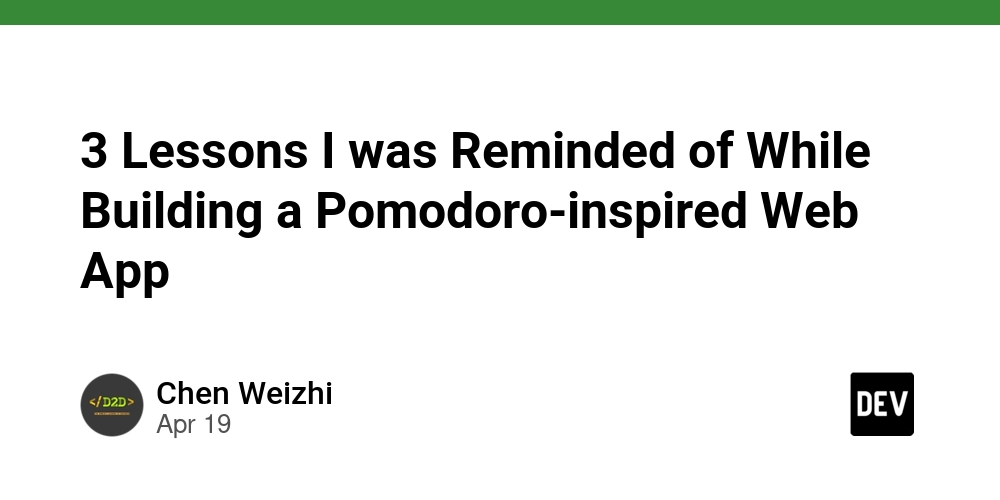
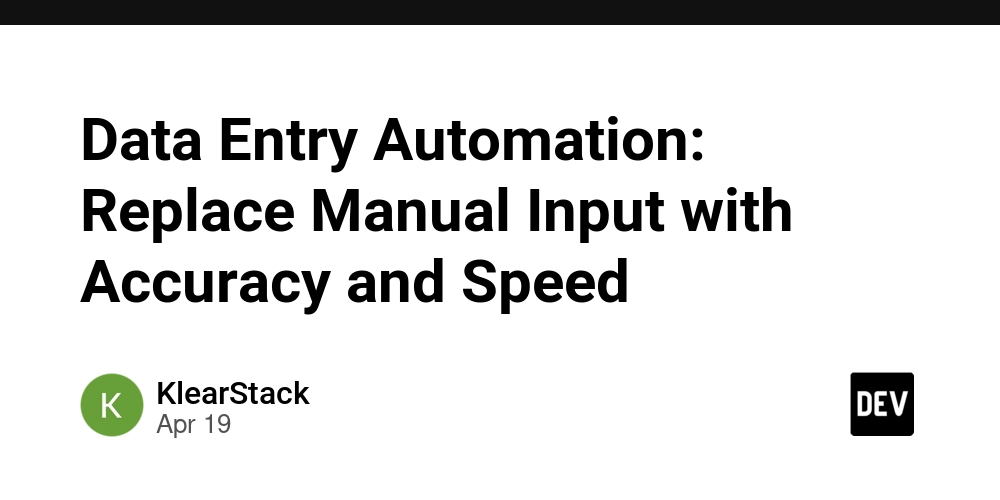









![[FREE EBOOKS] Machine Learning Hero, AI-Assisted Programming for Web and Machine Learning & Four More Best Selling Titles](https://www.javacodegeeks.com/wp-content/uploads/2012/12/jcg-logo.jpg)








































































![Rogue Company Elite tier list of best characters [April 2025]](https://media.pocketgamer.com/artwork/na-33136-1657102075/rogue-company-ios-android-tier-cover.jpg?#)


























































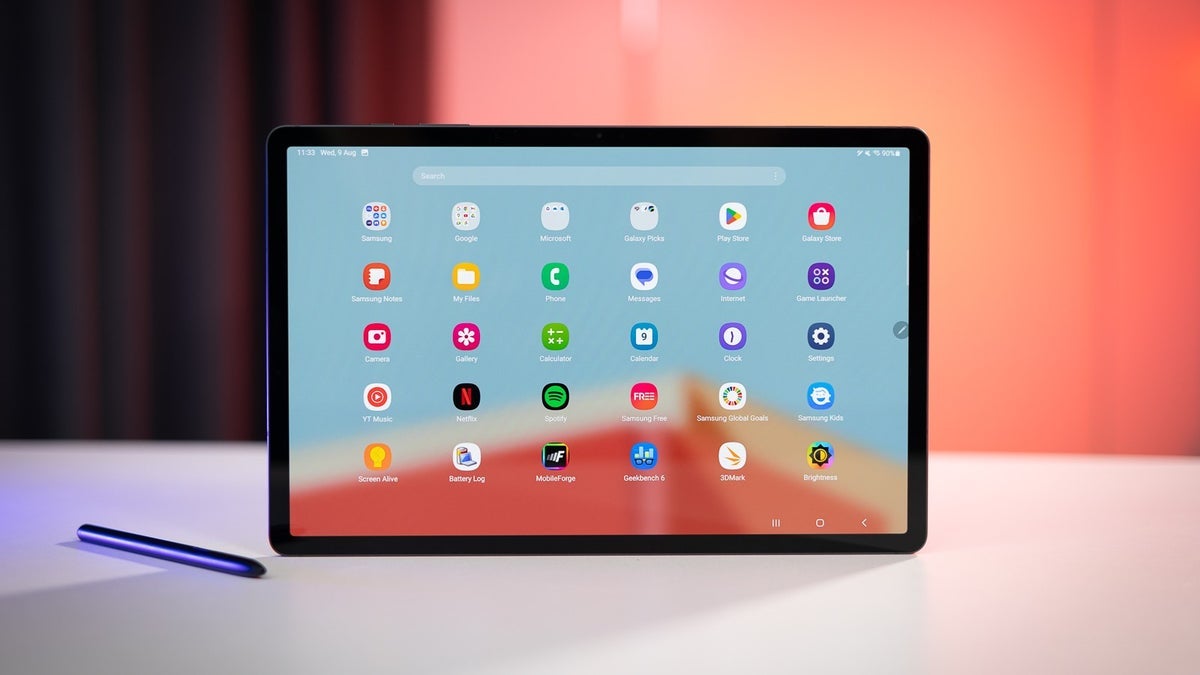













_Andreas_Prott_Alamy.jpg?width=1280&auto=webp&quality=80&disable=upscale#)






























































































![What’s new in Android’s April 2025 Google System Updates [U: 4/18]](https://i0.wp.com/9to5google.com/wp-content/uploads/sites/4/2025/01/google-play-services-3.jpg?resize=1200%2C628&quality=82&strip=all&ssl=1)










![Apple Watch Series 10 Back On Sale for $299! [Lowest Price Ever]](https://www.iclarified.com/images/news/96657/96657/96657-640.jpg)
![EU Postpones Apple App Store Fines Amid Tariff Negotiations [Report]](https://www.iclarified.com/images/news/97068/97068/97068-640.jpg)
![Apple Slips to Fifth in China's Smartphone Market with 9% Decline [Report]](https://www.iclarified.com/images/news/97065/97065/97065-640.jpg)




































































































